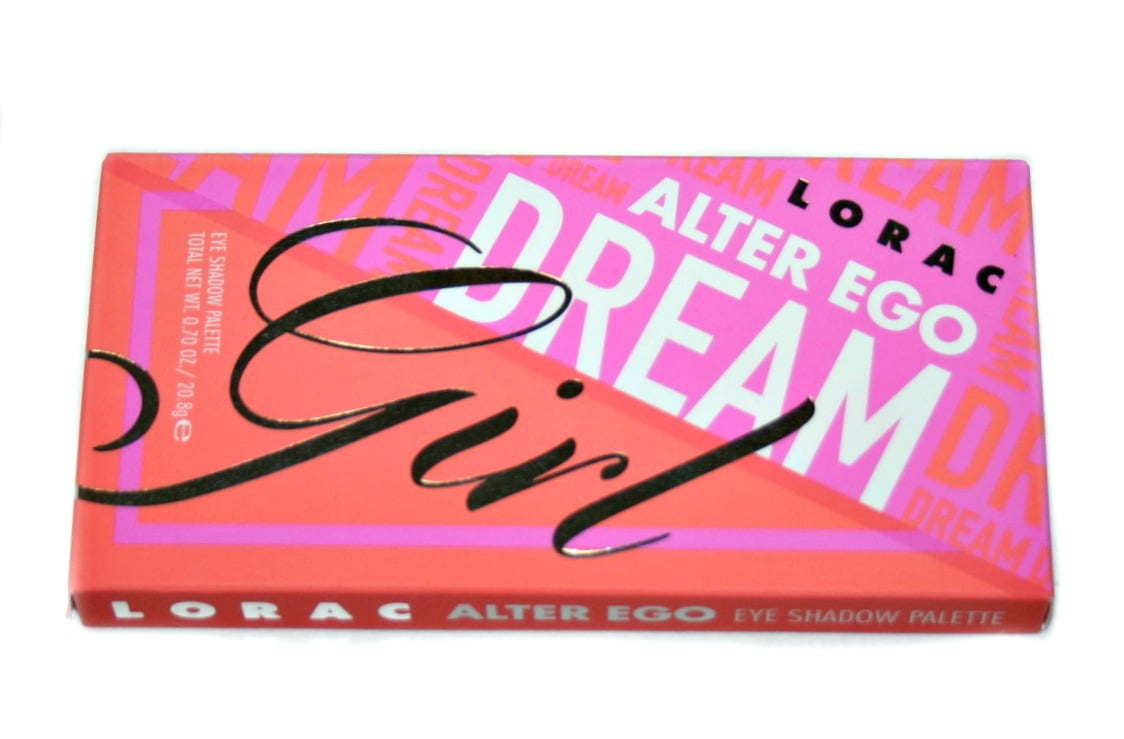
This combination maligned the novel-writing practice and haunted its practitioners. 2 Pseudonyms were used to create glamour for the lower class writers who did not own a saleable name or background, and conversely, they were also used by upper class writers who wanted to remain anonymous when writing for such an un-glamourous genre. The Postmodern Writer and His Alter Ego: Julian Barnes versus Dan KavanaghĪuthorship was in fact the norm for early novelists because: “For aristocratic and upper middle-class authors in the nineteenth century, fiction-writing was little less than trade and little more than diversion with a possible hint of immoral earnings to boot,” and later on, when writers of the lower class cottoned on to this genre, pseudonyms provided a second twist suggesting both a lower class of writers as well as writers from the lower class. Pseudonymousĭavid Bayles and Ted Orland, Art and Fear (Santa Cruz: Image Continuum Press, 1993) 47. It is an agreed fact that novel-writing-suggesting the production of fiction in prose form-did not have a very respectable beginning. This paper will attempt to explain the postmodern writer’s dilemma: Should a writer be good by serving a higher literary purpose or by playing to the book market? For many writers today, literary reputation is closely tied to financial gain, and there is no writer who has considered this issue more seriously than Julian Barnes, aka Dan Kavanagh. His steadily growing oeuvre reveals a unique writer’s experimentation and struggle with individual preference and popular acceptance, creative novelty and formulaic reproduction, story-telling with a higher moral purpose and story-telling for pure entertainment. What is the difference between the two and why does the writer have two names? Although Barnes is more well-known for his “serious” postmodernistic works such as Flaubert’s Parrot, A History of the World in 10 1/2 Chapters and England, England, it is important to note that he also attempted to write a more “popular” Duffy series. This is because Julian Barnes is a writer of “serious” literature, and it is his alter-ego, Dan Kavanagh, who is the writer of “popular” literature. In fact, a lot of people do not even know who he is. However, for a writer who has written some highly acclaimed works, it may come as a surprise that he is not as “popular” as he ought to be. Mainstream bookshops in England stock his books, and reviewers and critics allude frequently to his most famous novel-Flaubert’s Parrot (1984). Acceptance means having your work counted as the real thing approval means having people like it.1 Julian Barnes is a prolific contemporary writer. The difference between acceptance and approval is subtle, but distinct. The Wenshan Review of Literature and Culture.Vol 2.1.December 2008

* Received: FebruAccepted: JanuPao-I Hwang, Assistant Professor, Department of Foreign Languages and Literatures, National Taiwan University, Taipei, Taiwan E-mail: KEY WORDS: postmodernism, literature, “popular” fiction, “serious” fiction, aesthetics, novel Although Barnes’ growing oeuvre evidences an egotistical conciliation between the “serious” writer and the “popular” writer, they are never far from suggesting that the struggle is near the surface and the differences are more insurmountable than can be seen at first glance.

On the other hand, his pseudonymous alter-ego, Kavanagh writes “popular” works that are aimed at making some quick cash. On the one hand, Barnes writes “serious” works in the sense that they are crafted with a “literary” purpose in mind.

The career and the works of British writer Julian Barnes closely reflect his struggle with this dilemma. The Postmodern Writer and His Alter Ego: Julian Barnes versus Dan Kavanagh Pao-I HwangĪBSTRACT This paper is an examination of the postmodern writer’s dilemma: Should a writer be good by serving a higher literary purpose or by playing to the book market? Unlike those who have been writing merely two centuries ago, the literary reputation of writers today rest fundamentally on financial success. The Wenshan Review of Literature and Culture.Vol 2.1.December 2008.1‐29.


 0 kommentar(er)
0 kommentar(er)
